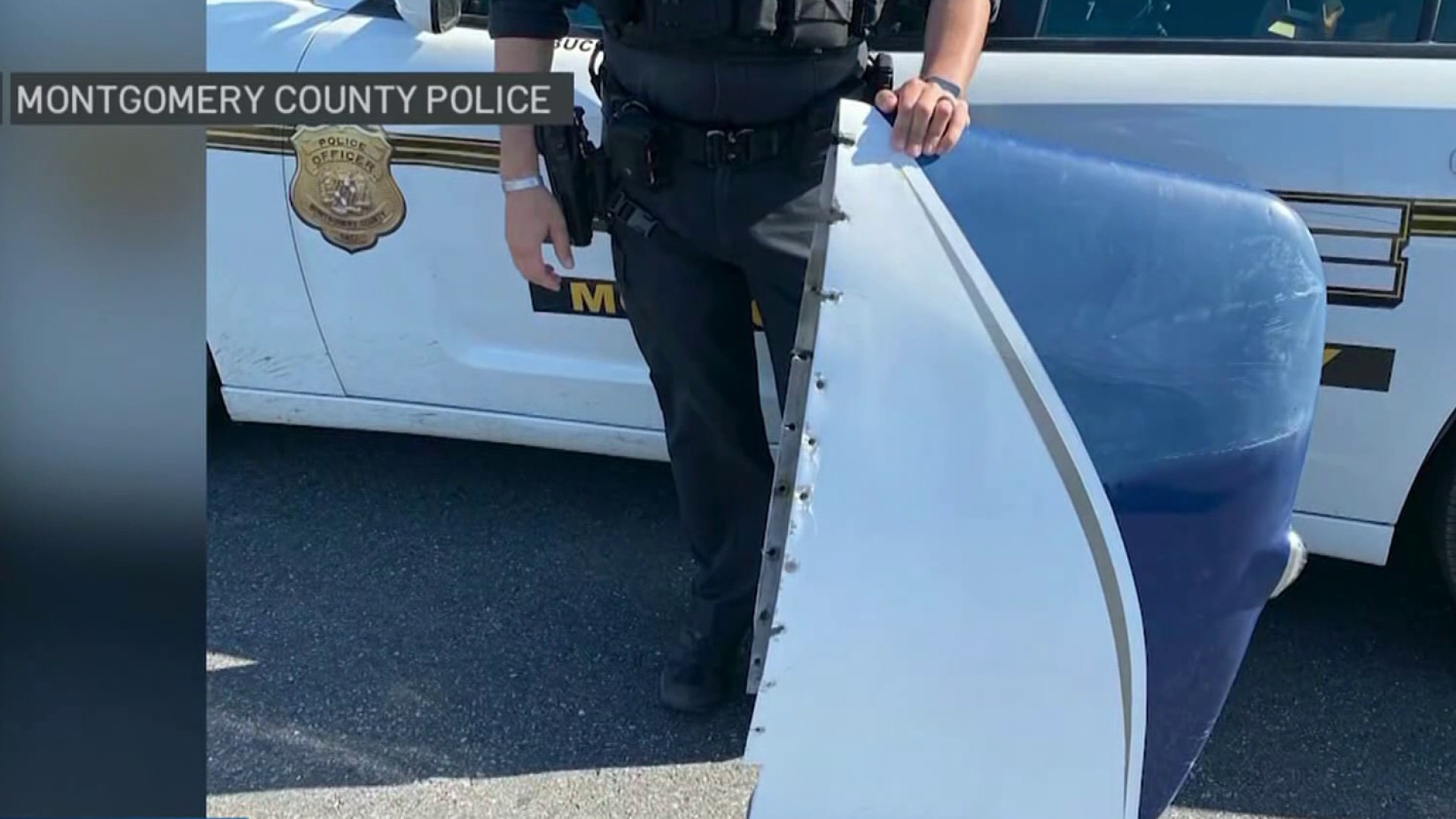A recent study found that children suffer when a parent is deployed, even for a short time.
Joanna Robertson sensed something was wrong when she noticed a significant change in her children’s behavior after the deployment overseas of her husband, U.S. Navy Lt. Cmdr. John Robertson.
Their daughter, Emma, was 2-and-a-half at the time, and their son, Sam, was one.
“She would just be like crying and screaming and much more upset or angry than we would normally see her,” Joanna Robertson said.
That was the first time he left for duty. One year later, he had to leave again for another six months.
“They couldn't verbalize a whole lot,” his wife said, ”and I'm sure there was more going on. There was more that they felt. They just couldn't get to all of those words.”
Almost a half million children younger than 6 have an active duty parent. Some have two.
Local
Washington, D.C., Maryland and Virginia local news, events and information
A recent study found that young children in military families can be especially vulnerable to high levels of stress when a parent is deployed.
“They're likely to be more irritable,” said David Murphey of Children’s National Medical Center. “They're likely to have sleep problems, eating problems. They may become more demanding. They don't have the understanding cognitively of all the reasons for the deployment, of course, and for the changes.”
To help Emma and Sam cope, Joanna Robertson helped them make posters for their dad. They watched videos he made for them, and she also ordered each a daddy doll.
“It just let them know that he did still care, he did obviously still love them and he was there for them even though he wasn't in our house,” Joanna Robertson said.
Children fare better when the parent at home has support and when life goes on as normal, experts say.
“They need reassurance from the at-home parent and they need to have as many routines preserved and maintained as possible,” Murphey said.
The family is back together now, stronger from their experience. While grateful to have her husband at home, Joanna Robertson is not afraid of their next call of duty.
“It does make you think, OK, we can handle whatever comes our way,” she said.
Researchers say in the worst case scenario, they've seen increased rates of substance abuse in teenagers and academic problems at school. That's why they say it's critical to address any deployment-related stress.



